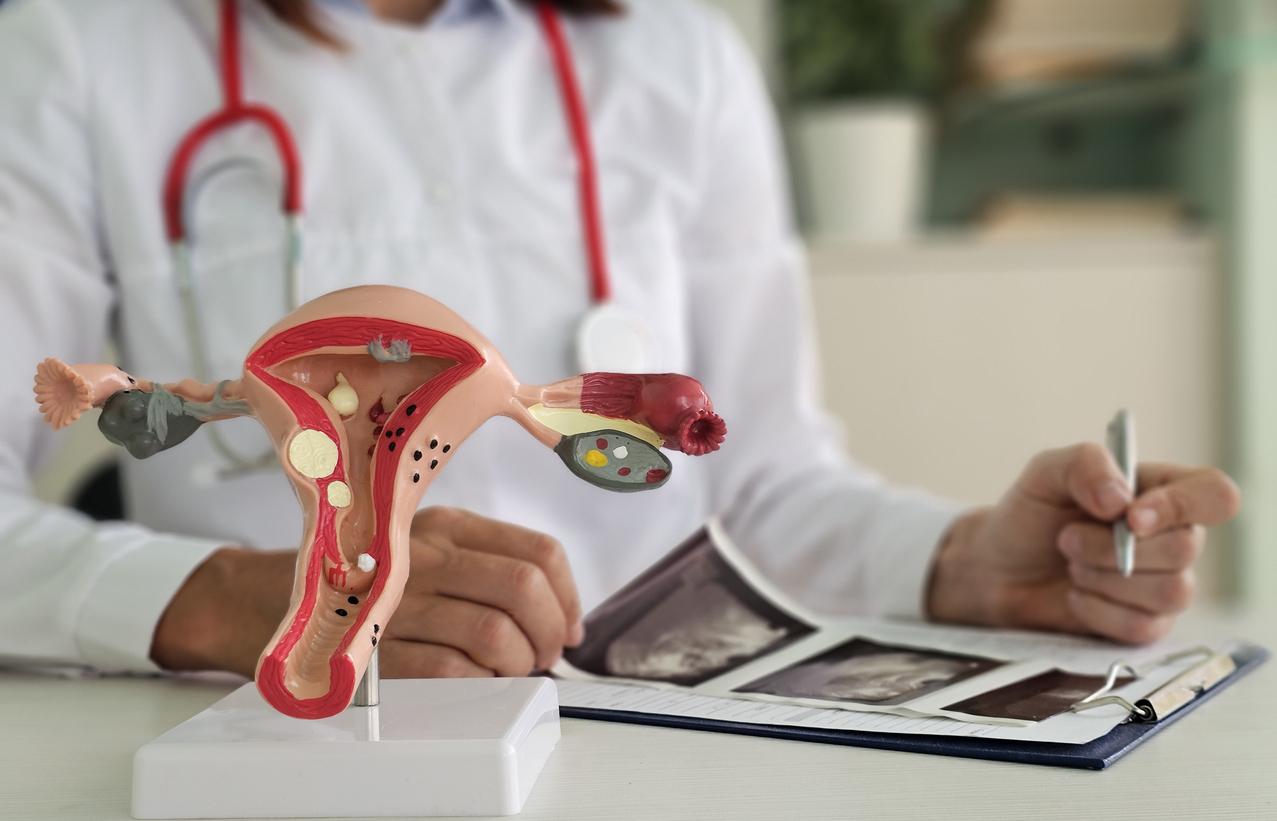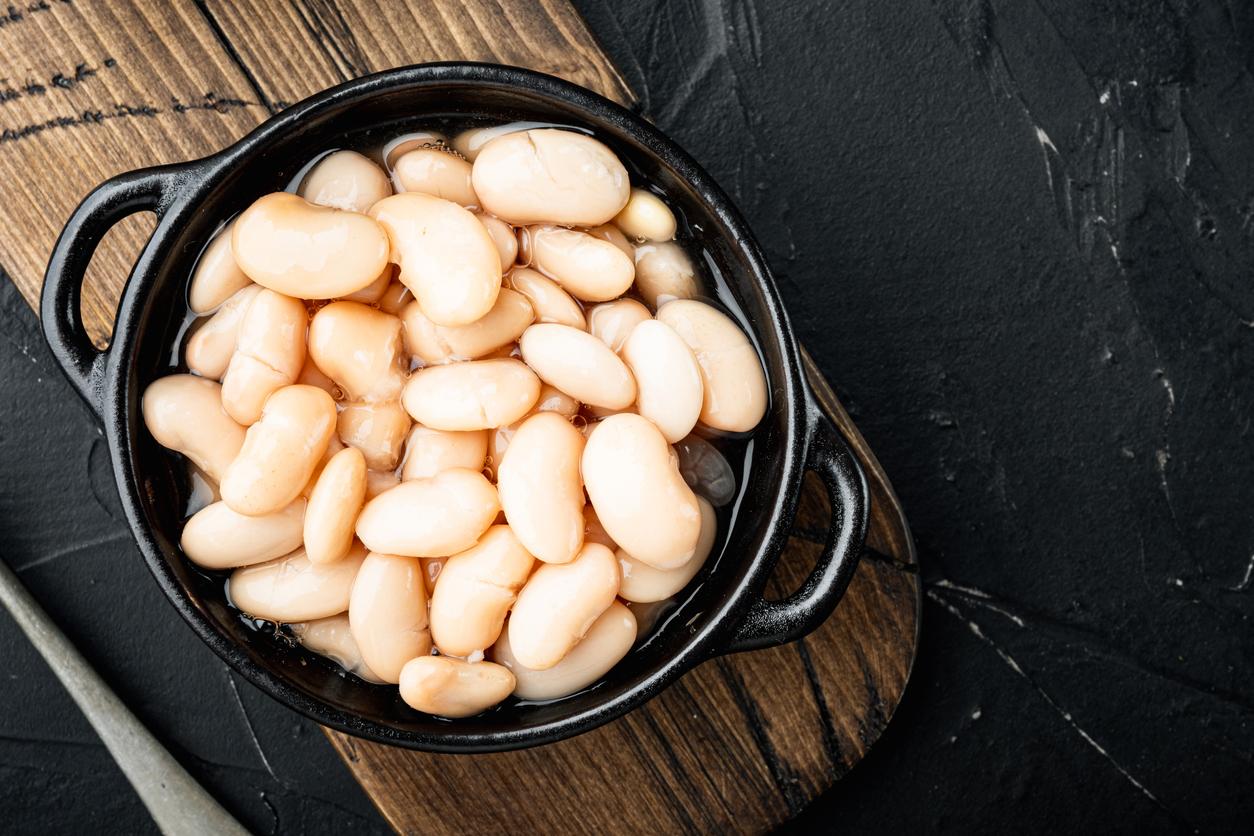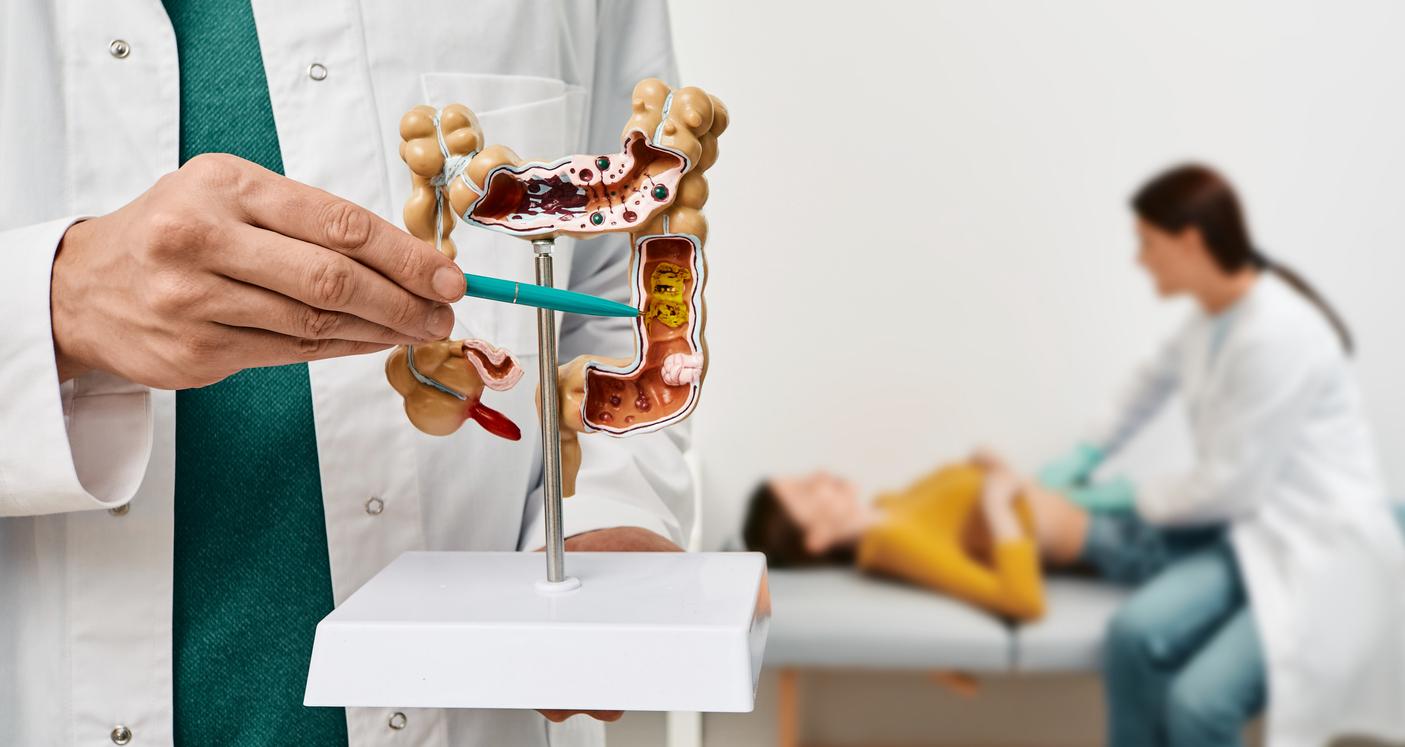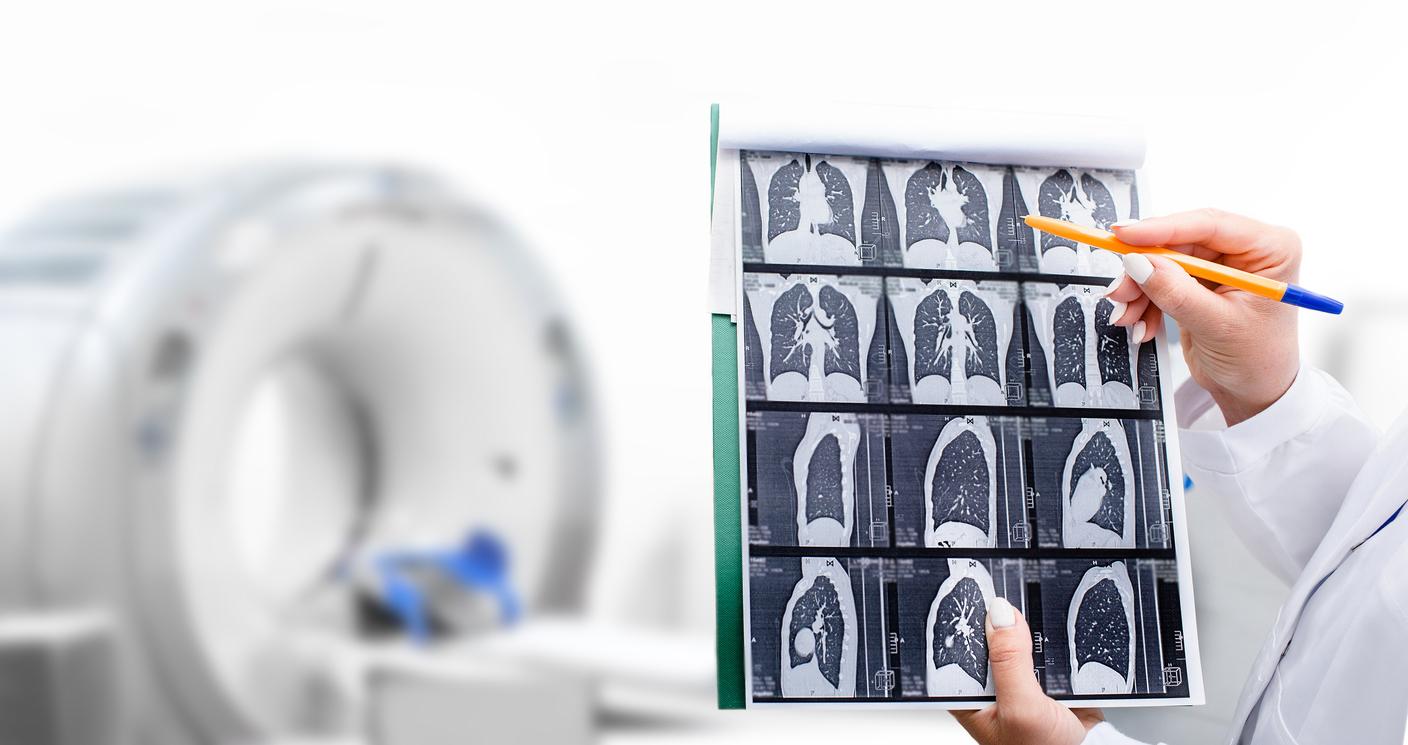As France announces its new cancer plan, a study recalls the importance of colorectal cancer screening. When the time between a positive self-test and a colonoscopy is more than 16 months, the risk of being diagnosed with cancer increases by 33%.

- The self-test detects the presence of blood in the stool
- It can be prescribed from the age of 50
- If positive, delay in colonoscopy increases risk of colorectal cancer diagnosis
The self-test for colorectal cancer consists of analyzing the presence of blood in the stool. French men and women can benefit from it from the age of 50, on prescription from the attending physician. The test is to be carried out every two years: if these results are positive, this means that blood is present in the stools, a colonoscopy must then be prescribed. According to theHealth Insurance, the presence of blood is due to a precancerous lesion in 30% of cases, a cancerous lesion in 8% of cases, and in more than 50% of cases no abnormality is detected. Researchers at the University of California point out, however, that the longer the delay between these positive results and the colonoscopy, the higher the risk of finding a cancerous lesion. In Gastroenterologythey present the results of their study.
The longer the delay, the greater the risk
The research was carried out using data from more than 210,000 Americans and Americans, 50 to 75 years old. They all had positive self-test results. Data analysis shows that after 16 months of waiting to perform a colonoscopy after these results, the risk of being diagnosed with cancer increases by 33%. “Many colorectal cancers are symptomatic and can develop without the patient realizing itunderlines Samir Gupta, co-author of the study. This is why screening is so important“The risk of being affected by colorectal cancer increases after 12 months of waiting. In addition, screening from the earliest stages of the disease allows better management of patients and improves the effectiveness of treatment.”When cancer is caught early, patients have a 90% survival rate, with a low risk of relapseadds Samir Gupta. Advanced-stage colorectal cancers involve heavier and more complicated treatments, with a survival rate of less than 15%In France, the average survival rate is 63% over five years. Each year, more than 17,000 people die of colorectal cancer.
What are the risk factors?
Smoking, heredity or an unbalanced diet increase the risk of colorectal cancer. Inflammatory bowel diseases also contribute, such as Crohn’s disease or ulcerative colitis. The presence of blood in the stool and digestive disorders are the two main symptoms.

.















